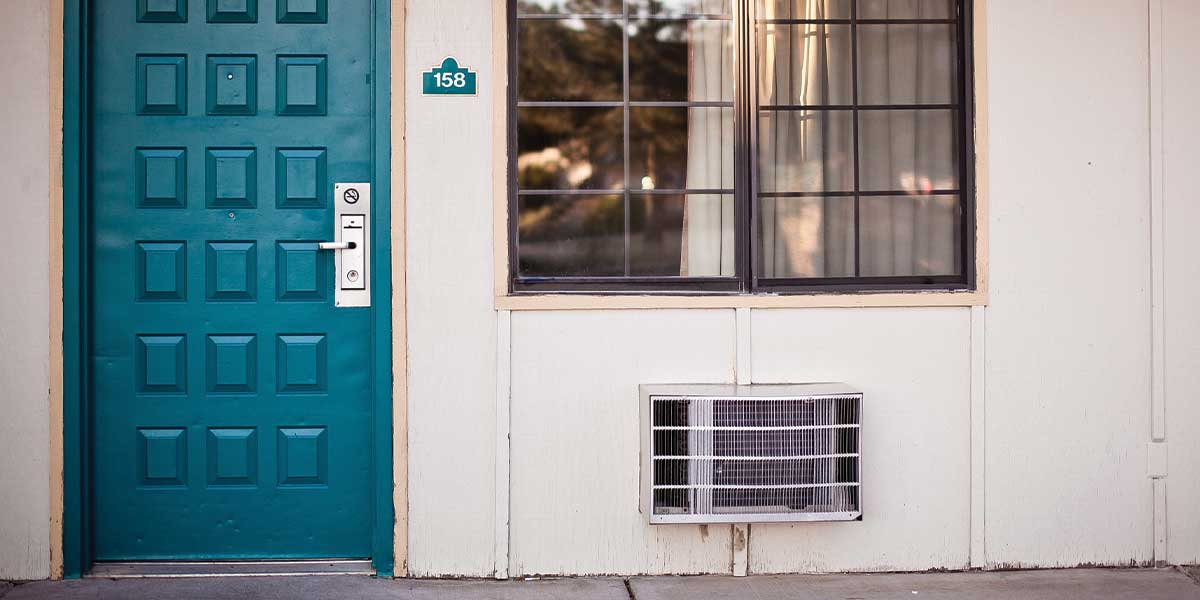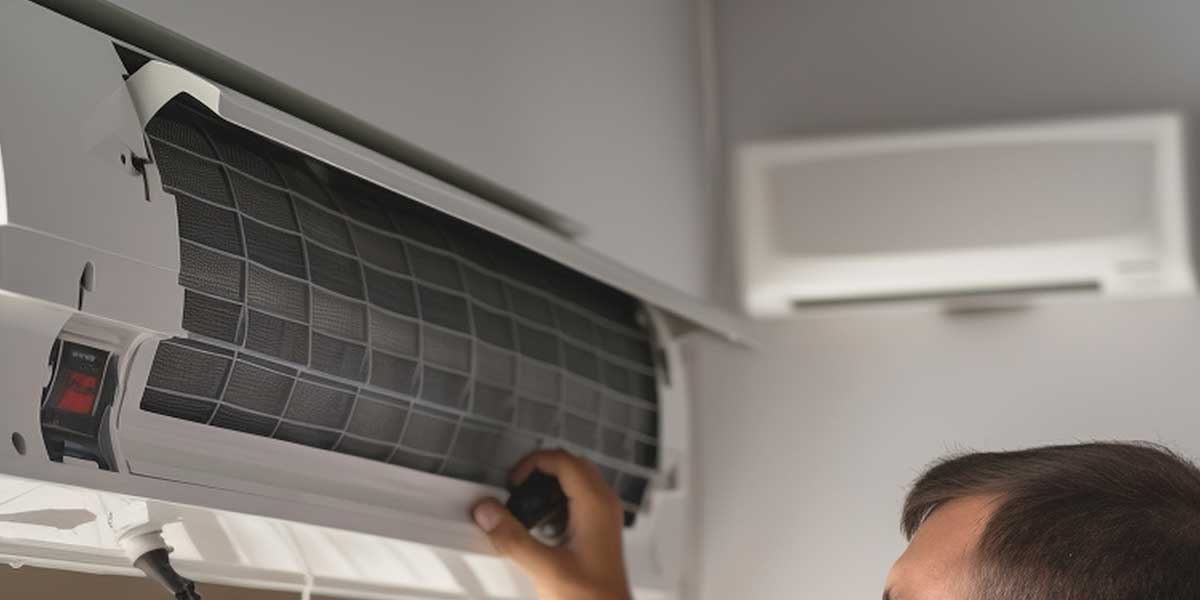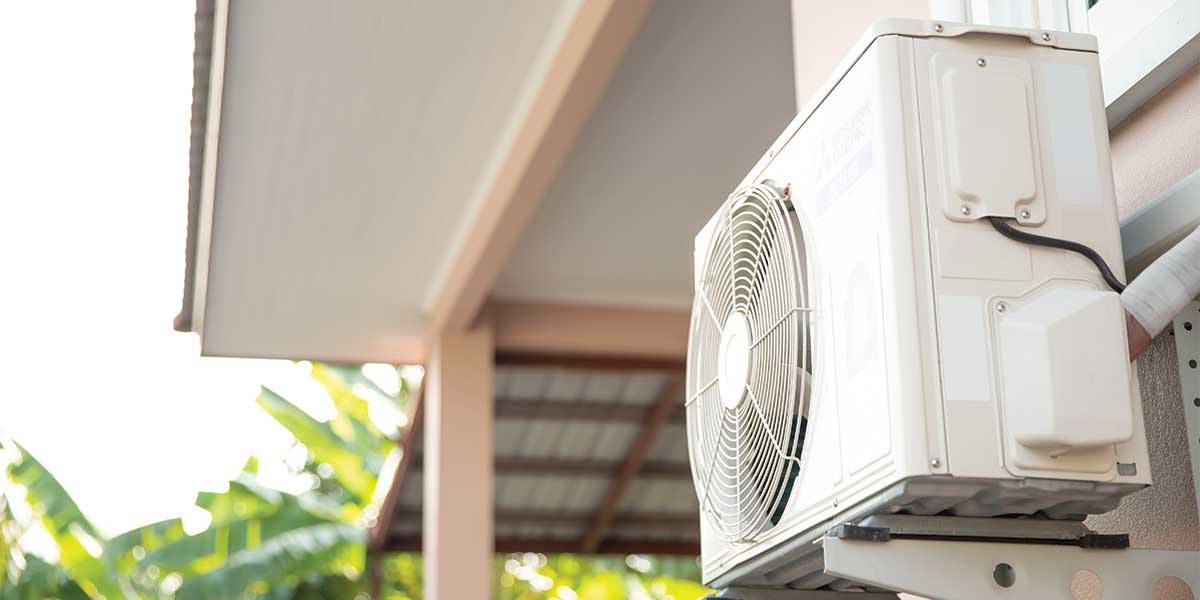With temperatures soaring beyond 30°C, keeping your home cool is not just a luxury, it’s essential for your comfort, productivity, and health. But buying the wrong air conditioning unit or installing it without assessing your electrical system could leave you sweating over electrical issues and high bills rather than just the summer heat.
Here is your ultimate guide on Air Conditioning Units: What are the Types and Which is Best? to ensure your choice keeps you cool without blowing up your energy costs.
Understanding Air Conditioning Units: What are the Types and Which is Best?
Choosing the right air conditioning unit affects your comfort, energy efficiency, and home value. Let’s break down the main types to help you choose wisely.
1. Window-Mounted Units
Window-mounted air conditioners remain popular for single rooms, bedrooms, and offices.
Pros:
- Affordable and widely available.
- Easy to install in standard windows.
- Effective cooling for targeted spaces.
Cons:
- Blocks window use and natural light.
- Noisy compared to other types.
- Requires precise fitting and sealing.
Best for: Renters, small apartments, or homeowners wanting budget-friendly cooling in one room.
According to Energy Star’s official room air conditioner guide, selecting an energy-efficient window unit can significantly reduce cooling costs while maintaining optimal comfort.
2. Portable Air Conditioners
Portable air conditioners are ideal if you need flexibility and minimal installation.
Pros:
- Easy to move between rooms.
- Simple setup with venting through windows or doors.
- No permanent installation needed.
Cons:
- Noisy operation.
- Less efficient for large rooms.
- Requires frequent emptying of condensation trays if not self-evaporating.
Best for: Homes needing temporary or supplemental cooling without major installation.
If you’re considering a portable option, Bob Vila’s tested recommendations for the best air conditioners include top-rated portable units that combine cooling performance with energy efficiency.

3. Central Air Conditioning Systems
Central air conditioning units are the gold standard for whole-home cooling.
Pros:
- Uniform temperature control in all rooms.
- Quieter operation with the compressor located outside.
- Improves indoor air quality with integrated filters.
Cons:
- Expensive installation and maintenance.
- Requires existing ductwork.
- May cool unused spaces, affecting efficiency.
Best for: Homeowners seeking long-term comfort and improved property value.
4. Ductless Mini-Split Systems
Ductless mini-split systems are efficient and versatile, especially for homes without ducts.
Pros:
- Zoned cooling for different rooms.
- High energy efficiency with inverter technology.
- Quick installation compared to central systems.
Cons:
- Higher initial cost than window units.
- Indoor units are visible on walls.
Best for: Homes needing room-specific cooling without major renovations.
5. Hybrid Air Conditioners
Hybrid systems combine electric air conditioning with gas-powered heating for maximum year-round efficiency.
Pros:
- Reduced energy costs.
- Environmentally friendly operation.
- Dual heating and cooling functions.
Cons:
- High installation costs.
- More complex maintenance.
Best for: Homeowners focused on long-term energy savings and eco-friendly operation.

Air Conditioning Units: What are the Types and Which is Best?
When buying an air conditioning unit, consider:
✅ Energy Star ratings to ensure maximum efficiency and lower operating costs.
✅ BTU ratings matched to your room or home’s square footage for proper cooling.
✅ Electrical capacity to avoid overloads and circuit trips.
✅ Features like programmable timers and eco modes for better energy management.
Installing a unit without checking your home’s electrical readiness could lead to tripped breakers, damaged appliances, or safety hazards. Expert Electric’s licensed electricians can inspect, upgrade, and prepare your electrical system for safe and efficient AC operation this summer.
FAQs
What is the best air conditioning unit for apartments?
Portable air conditioners or ductless mini-split systems are best for apartments due to their flexibility and minimal installation requirements.
How do I choose the correct size air conditioner?
Calculate the square footage of your room and match it with the manufacturer’s BTU recommendation. Consulting an HVAC professional or electrician ensures optimal sizing.
Do air conditioners significantly increase electricity bills?
Yes, but choosing Energy Star-certified models, using programmable settings, and maintaining your electrical system can minimize costs effectively.
Is central air conditioning worth it?
For homeowners wanting uniform cooling, higher property value, and reduced humidity, central air conditioning is worth the investment.
Can I install a window air conditioner myself?
Installation is usually straightforward, but proper sealing and electrical compatibility checks should be done by professionals like Expert Electric for safety and efficiency.
Final Thought
Understanding Air Conditioning Units: What are the Types and Which is Best? helps you make an informed, cost-effective decision. Whether you choose a window unit, portable AC, central air, mini-split, or hybrid system, preparation is key to efficiency, safety, and lasting comfort.
Contact Expert Electric Today
Ready to upgrade your cooling this summer?
📞 Call us: 604-681-8338
📧 Email us: info@expertelectric.ca
Visit Expert Electric today to book your electrical inspection or air conditioning preparation service. Stay cool, safe, and confident with BC’s trusted electrical experts.


